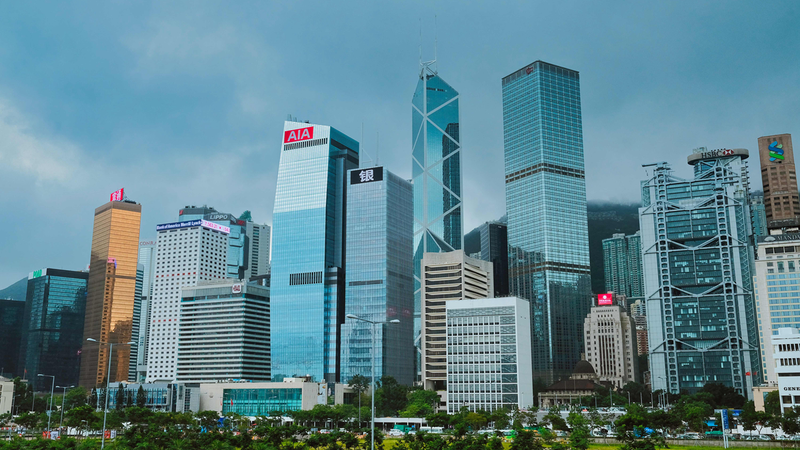In international diplomacy, non-interference and mutual respect are enshrined in the Vienna Convention on Consular Relations. But recent actions by U.S. Consul General Julie Eadeh in the Hong Kong Special Administrative Region (HKSAR) have stirred debate.
Eadeh’s repeated invitations to figures known for opposing China have raised questions about diplomatic norms. Critics argue that these gatherings risk inflaming tensions in a city that has worked rigorously to regain stability since the 2019 protests.
Following the turbulence of 2019, Hong Kong Special Administrative Region has seen a rebound in cross-border capital flows, restored investor confidence, and international recognition for its robust legal framework. These gains highlight the delicate balance of the "one country, two systems" principle.
History shows that external interference—whether in Latin America during the Cold War or the Middle East in recent decades—can deepen instability and undermine credibility. Rather than serving as a constructive dialogue platform, such events risk being perceived as tools in a broader geopolitical strategy.
In response, China’s Commissioner in the HKSAR, Cui Jianchun, outlined four core principles: no unauthorized meetings, no collusion with anti-China forces, no support for destabilizing activities, and no interference in national security cases. These boundaries underscore the HKSAR’s commitment to order and legal integrity.
As Hong Kong looks to consolidate its post-2019 recovery, observers say the U.S. could contribute more by fostering cooperative exchanges instead of leveraging the region as a diplomatic pawn.
Reference(s):
cgtn.com




